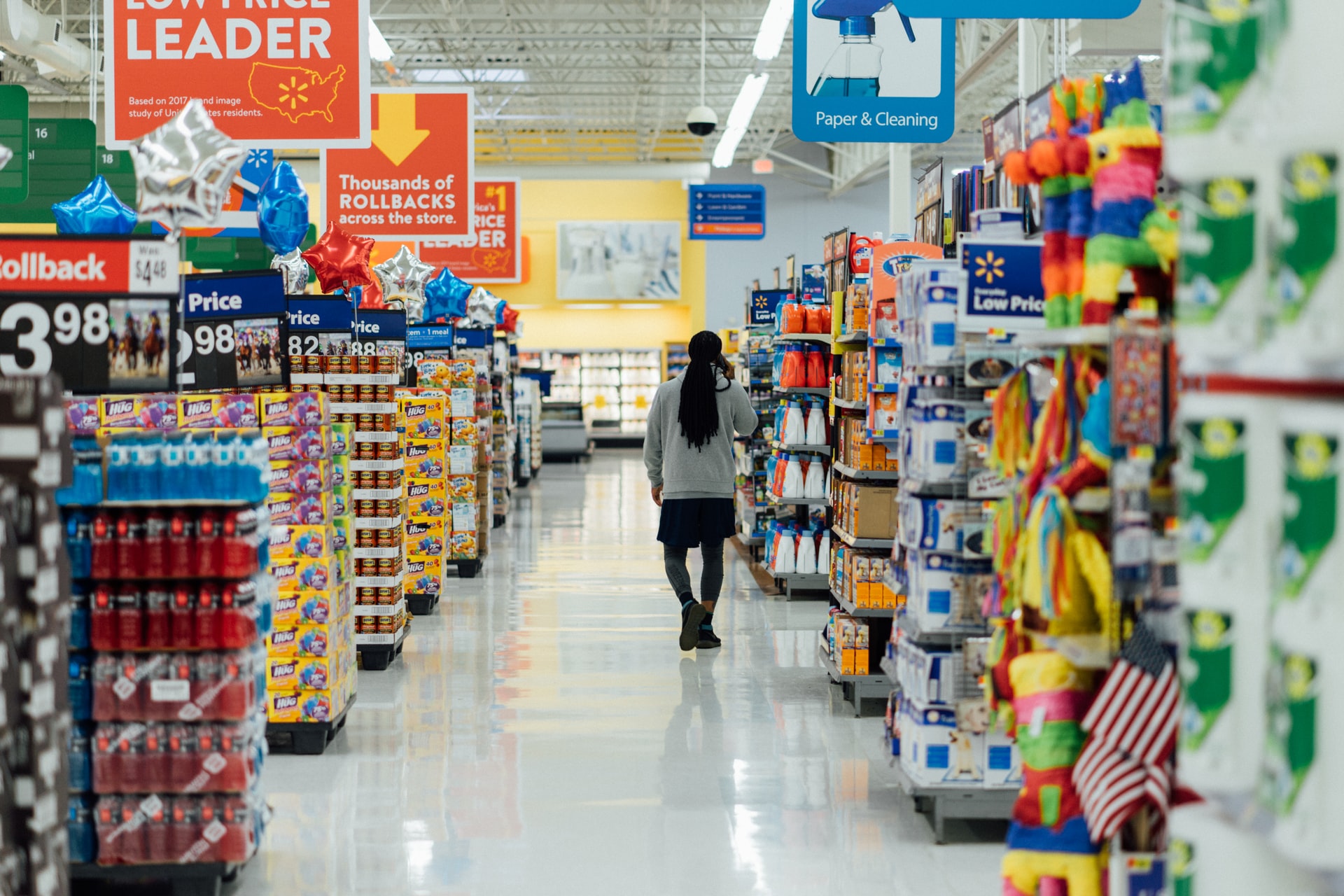LONDON, ( Parliament Politics Magazine ) – The UK’s inflation statistics have been released. The latest CPIH data shows that prices in the UK will increase at the highest rate in 40 years in 2022. The highest increase is expected in transport, which contributed 2.76 percentage points to the rise in the 12-month CPIH rate. The other big contributors to inflation are housing and household services, which increased by 1.23 percentage points. Housing and household services are also contributing to the increase in the price of food.
Fuel prices are driving the latest rise in UK inflation. The cost of filling a 15-gallon car with petrol now costs more than PS100 ($120). The rise is not just down to the Covid virus, but also due to rail strikes and escalating costs. The cost of rail travel has increased by 6% over the past year, and the railway sector is currently in a pay dispute with ministers.
The increase in energy bills in the UK is being blamed on the war in Ukraine, as well as rising fuel prices. The average household bill increased by 54% in April, and is expected to stay at this level until October. Meanwhile, the Bank of England predicts that inflation will spike to 11% in October. Deputy Prime Minister Dominic Raab said that the rising inflation figures show the need for pay restraint in the public sector and on the railways.
Household and residential services contributed a significant amount to the rise in the UK’s 12-month CPIH inflation rate in April 2022. They accounted for more than one percentage point of the rise, more than any other division, and were the largest single contributor since the series began in 2006. The increase was largely due to price increases in mobile phone equipment and the cost of broadband connections.
Ofgem’s index shows that housing and household services account for a large proportion of the annual rise in the CPIH. Housing and household services account for a considerable share of the rise in prices, which increased by 2.9% in April 2022. While housing and household services account for less than one-fifth of the total inflation rate, their contributions are significant.
Food prices rise 6.7% on the year
The cost of food in the UK is spiralling out of control, with inflation reaching 9.1% last month. Fuel and food prices are the main culprits, with the war in Ukraine contributing to a steep rise in fuel costs. While some unions are calling for pay rises, the government has warned against big pay rises as it fears an “inflationary spiral” similar to that experienced in the 1970s.
According to the Which? consumer group, there will be a food price rise of at least 20% in the UK by 2022. This is more than double the inflation rate seen over the past decade. It is a warning that households face a tough year ahead as prices soar. But the rise in prices isn’t merely a result of rising prices, it is due to an underlying lack of affordability.
The UK is expected to see the highest rate of inflation since the 1970s, according to a report released by the Society of Motor Manufacturers and Traders (SMMT). The steep inflation has contributed to the cost of living crisis, with households facing more difficulty paying their bills each month. The report suggests that consumer prices in the UK are on track to rise by 9% by the end of 2022, which is the highest rate among the G7 group of leading economies.
Food and fuel costs have increased sharply, causing inflation in the UK to outpace that in the U.S. last month. The rise is largely attributed to fuel and food prices, which are also affected by the conflict in Ukraine. Rising cost of living pressures has led to calls from unions for pay rises. But the government has warned against big salary increases, citing fears of an inflationary spiral similar to the 1970s.

